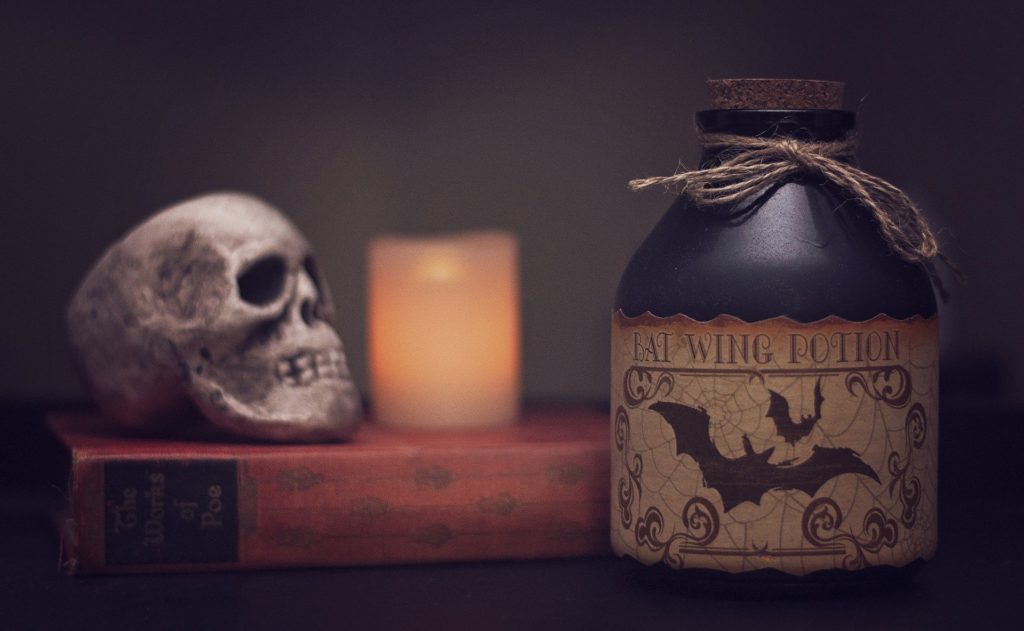Before I say another word, here’s a disclaimer. Yes, the subtitle is somewhat misleading, albeit catchy. Bram Stoker’s Dracula didn’t quite foretell the Great War, that is WW1, in the sense it didn’t intend to. What happens in Dracula – and the reason this post exists – is that Stoker, reflecting the cultural milieu of the late 19th century, subconsciously included in his magnum opus the reasons why modernity fails. These reasons partly overlap with the reasons behind the Great War.
Perhaps what is more important in all this is that the reasons don’t seem to be all that different today. More than a hundred years later, modernity fails us again. Crucially, modernity fails us for the same reasons. We’re dealing with somewhat altered dynamics, of course, yet the basic ingredients are the same.
We’ll begin by taking a brief look at the historical context of Dracula – the cultural milieu I referred to. Then we’ll see how Stoker’s novel explains why modernity fails, and how that relates to the Great War.
Like every self-respecting Gothic work, Dracula hides a complex nexus of meaning. Blood-sucking vampires only form the skin layer, but the heart – no pun intended – of the novel contains a multitude of allegories, many of which are not the result of conscious authorial work.


